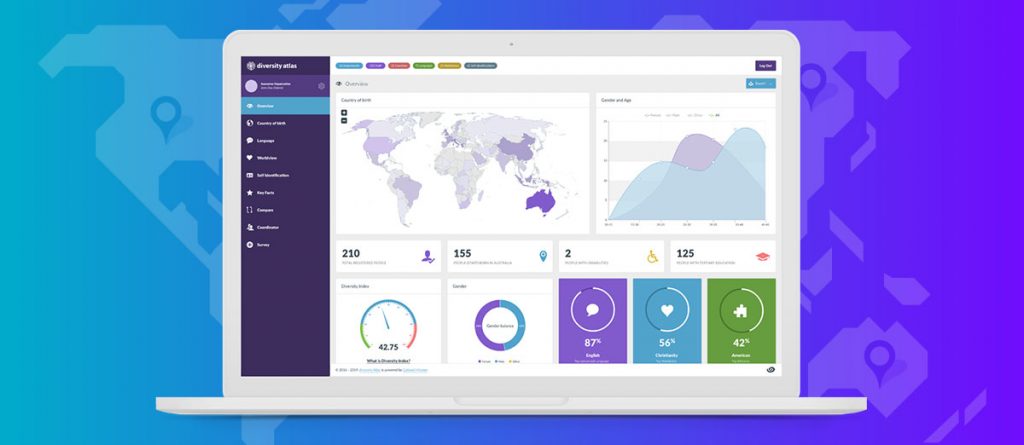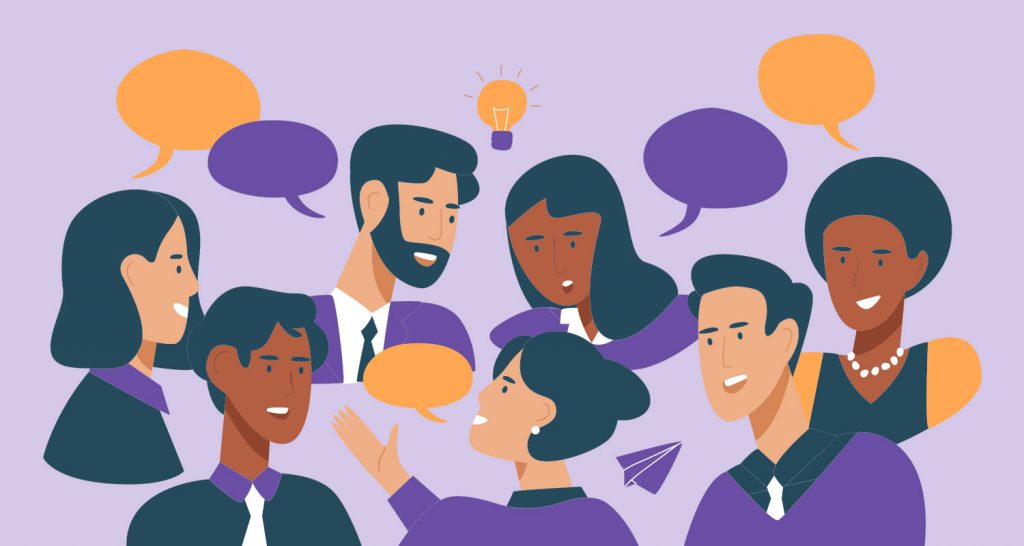
Those of us working in the Diversity, Equity and Inclusion (DEI) field are beginning the new decade with a shared set of worries about how many societies are growing more sceptical of the benefits of diversity, globalisation and cultural difference.
Unavoidably, that social and political context is the sea in which our organisations swim. The societal-level challenges of managing diversity, and the challenges of inclusion, integration, and mutual understanding that it brings are replicated within our own organisations. The main diversity challenge is managing diversity in your organisation well enough to make it instrumental to your goals.
Any serious and effective strategy for promoting and managing diversity won’t involve denying, or even de-emphasising, that it’s a complicated business. There’s no doubt that diversity has the potential to create dilemmas: about who gets opportunity and representation and on what basis, and which values and interests should guide leaders when the priorities and outlooks of different groups diverge.

At Cultural Infusion, the cultural enterprise behind Diversity Atlas, we recognise that there’s no such thing as bad diversity per se—only poorly managed diversity.
Politicians might be able to pretend that we can solve diversity management challenges by stopping the forces of globalisation that have produced ever-greater interaction between different communities and their cultures.
But organisational leaders know that they need to deal with realities. No matter what the political zeitgeist is, the demographic trends don’t lie: the societies in which our organisations are embedded are growing more diverse and complex every day. Over the long term, there will only be increased expectations for organisational leaders to prioritise the community’s values of inclusivity and representation.
In my conversations with leaders in the business, government and NGO sectors I’m always struck by the capacity gap many faces in bringing the power of data to bear on their D&I strategies. All too frequently, they’re using tools which report on diversity in too abstract or broad terms, and which aren’t able to capture the often very nuanced categories of identity that matter to individual members of the organisation.

Broad-brush data might obscure some problems lying behind an otherwise impressive-looking diversity profile. Challenges might include issues of intersectionality, where the disadvantages implicit in a person’s membership of an ethnic minority, for example, maybe compounded by their gender, disability, or socioeconomic background. There might also be an uneven distribution of diversity between different areas of an organisation.
Not having access to fine-grained data on the challenges and opportunities your diversity profile throws up means you can’t ask the right questions—and won’t get the right feedback—in workforce engagement initiatives. And if you aren’t communicating with staff about the things they care about, engagement and satisfaction will suffer. Moreover, data gaps may mean that you’re not identifying shortcomings in your organisation’s interface with clients, customers and stakeholders because of a mismatch—or lack of mutuality—in their diversity profile and yours.
The key to managing diversity within an organisation mirrors the challenge faced by the community more broadly: hearing each other out, and finding where our interests and outlooks converge. But it’s also about an honest conversation about where our interests and outlooks differ and finding a common set of values to guide us through those differences that take account of the needs of everybody. In Diversity Atlas, we’ve built a world-leading diversity analytics tool on the principle that you can’t begin that all-important conversation without a detailed picture of how your organisation’s diversity profile really looks.
Diversity Atlas is a data-analysis tool for measuring diversity in your workforce. It’s designed to inform diversity management strategies for thriving in a globalizing world. Get in touch for consultation via [email protected]
Share this Post
